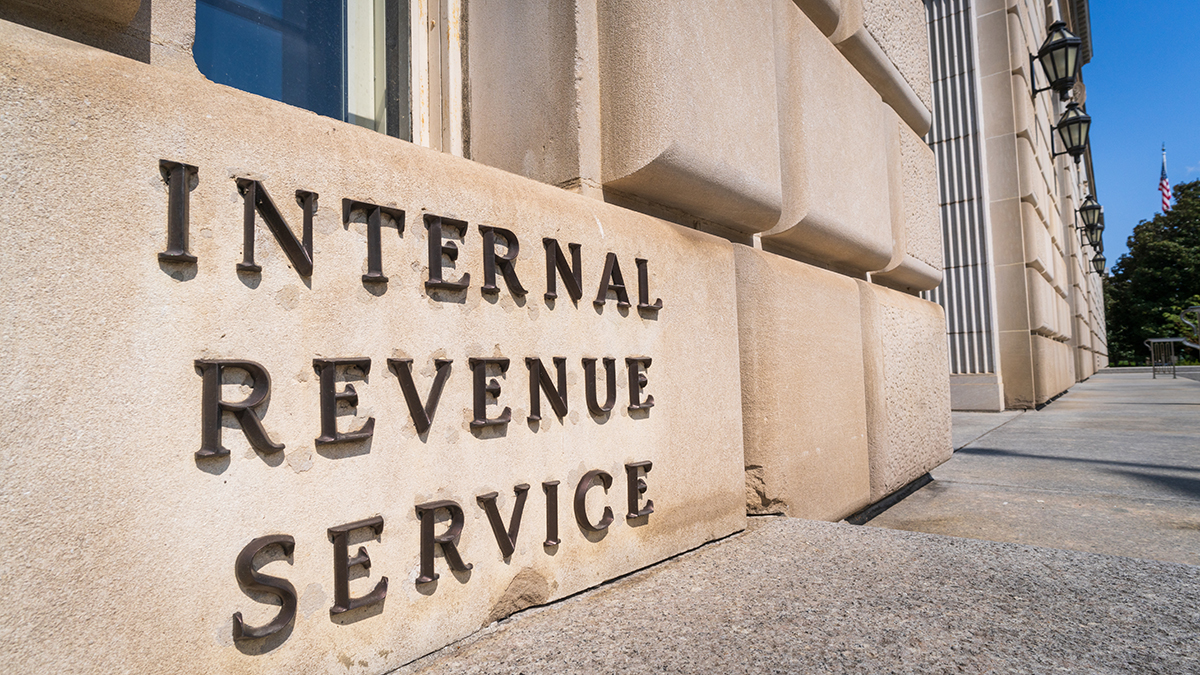When it was recently announced that Sikorsky lost a bid for the next generation of attack helicopters for the government, it sent shockwaves through Connecticut's defense contracting businesses.
This week, Governor Lamont, lawmakers and business leaders are at the Paris Air Show selling Connecticut. Our aerospace industry employs about 34,000 people.
To give us some perspective on the importance of trade shows like this and how it could actually help the manufacturing businesses here in Connecticut, we spoke with Chris DiPentima. He's the CEO of the Connecticut Business and Industry Association.
Mike Hydeck: So when Sikorsky lost that contract and then the subsequent appeal for those attack helicopters, your mind goes to 'well, my friends or my family members at Sikorsky have a chance of being laid off,' but a contract of that size affects more than just Sikorsky, right?
Get top local stories in Connecticut delivered to you every morning. Sign up for NBC Connecticut's News Headlines newsletter.
Chris DiPentima: Oh, absolutely, yeah. They have 200 plus suppliers here in Connecticut, and obviously many more even beyond our borders. And those suppliers have suppliers here in Connecticut as well. But you know, the good news for Sikorsky is they are continuing to bid other helicopter contracts. And I think they're pretty confident that they're gonna get some replacement work. It may not be one for one, but work that continues to at least keep their current headcount and their current suppliers pretty busy in addition to the Blackhawk isn't going away for some time and they'll continue to overhaul and repair the Blackhawk as well. But yeah, it's it's certainly not the best news that you ever want to hear for a Sikorsky employee or the Sikorsky supply chain family, or those suppliers' suppliers in Connecticut. And there's quite a few of them.
Mike Hydeck: And there's so many subcontractors all throughout. You could talk Bridgeport, you could talk eastern part of the state. They're all pitching in to try to pull these contracts off. As business leaders and politicians go to an airshow like this, people say, 'Oh, goodness, they're going to Paris, what a great vacation.' This is actually pitching the state as far as a trade show is concerned. So it involves things like technology and national security secrets, right? Because those are all a part of the mix. How do you try to navigate that when you're trying to sell Connecticut?
Chris DiPentima: Yeah, the Paris Air Show is a big deal. I was in manufacturing for 20 years and attended the air show for a good chunk of the time that I was in manufacturing here in Connecticut and running other operations across the world. And you can't overstate the importance of it. It's such a big gathering of aerospace. Tier 1s, OEMs, people at the top of the supply chain, but also those folks who work for them, and their suppliers' suppliers. And while there's trade secrets, really what you're talking about is contract negotiations. You're not only selling the state, you're selling the suppliers in that state. There's other states, they're trying to woo companies away from one state to another state. So there's a lot of businesses that transact at those shows. Hundreds and hundreds of thousands of people are attending every day over a week-long period of time. It's a really big deal and a huge deal for Connecticut to have the governor there. We haven't had the governor there since Malloy was in office. And he went one time. And it's good to see that Governor Lamont's committed to the air show and the Connecticut manufacturing supply chain.
Face the Facts
Face the Facts with NBC Connecticut goes beyond the headlines, asking newsmakers the tough questions, giving an in-depth analysis of the big stories.
Mike Hydeck: So we could also be bidding against places like Virginia where they also build submarines or the contractors in Rhode Island, in addition to try to sell our state. How do we put ourselves in the front row, so to speak, with the decision makers? I'm assuming military decision makers will be there as well.
Chris DiPentima: Yep, military and commercial. Like, you know, the first thing you do is you send your top official, in this case, Governor Lamont and his team, to the show to show the Connecticut suppliers that are there that hey, the state really cares about you, we're behind you and your dealings with trying to get more work for your customers, or trying to get more work from international or domestic military sources. It also sends a message to the other states that Connecticut's open for business. If you're interested in expanding or relocating your manufacturing business to the state, we've got one of the best workforces in the world. We're a very innovative state and we're continuing to work on our costs. Obviously, we had a good budget session that really addresses the cost of living in Connecticut and hopefully continue to address the cost of doing business. And it also sends a message to the other states that, you know, Connecticut's top leaders are here, just like we see other states' top governors and leaders be there. And we're the place that you want to be. We're aerospace alley. If you want to do aerospace manufacturing anywhere in the world, let's do it in Connecticut. So it shows a real commitment to not only those Connecticut companies that are there, not only the manufacturers that are there, but those other states that are there and that we're here to grow Connecticut manufacturing.
Mike Hydeck: Now, Pratt and Whitney and Sikorsky are there, but the smaller manufacturers are there as well, right? We think of aircraft engines, but what else is being pitched?
Chris DiPentima: Yeah, absolutely. All those suppliers that make parts that go to Pratt and Whitney or Sikorsky or Collins Aerospace up in Windsor, those suppliers are there and many of their suppliers are there. The raw material supplier all the way from the very beginning of the process, the raw material to the folks that machine or form the raw material that then send it to the engine manufacturers who build those engines that then send it to Boeing and Airbus who put those planes together, or Sikorsky or Lockheed, who put those airplanes and helicopters together. They're all there, the whole supply chain is there. So in Connecticut, we probably have several dozen Connecticut manufacturers that are at the Connecticut booth or have their own booths there. And of course, we have all our big OEM suppliers, those Tier Ones, those Pratt and Whitneys, those Collins, Sikorskys there. And it's a huge event. And as I said, you have every state represented there, every country representative there, and there's a lot of business that happens over there.
Mike Hydeck: As we get ready to try to get more contracts, we need more workers. Do you feel like we're ready to try to add more workers into the workforce? I got a little less than a minute.
Chris DiPentima: We absolutely have to. It's the biggest thing holding our economy back. It's the biggest thing we hear from our manufacturers. And quite honestly, Mike, we hear from every industry sector in Connecticut is the workforce crisis. We've had about 100,000 job openings now for going on two years. And the way to do it is get obviously more of Connecticut's residents back into the workforce, especially our women, where the participation rate is about 10% less than the male participation rate. And that's things like childcare and transportation, helping women get back in the workforce. But growing our population is a huge thing. And that's why we've got to make the state more affordable. Income tax reduction is a big way to help housing. It was addressed in this year's budget, it's a big way to make the state more affordable so we could grow the population and therefore grow our workforce. And Mike, that's the way we're going to address the workforce crisis.



